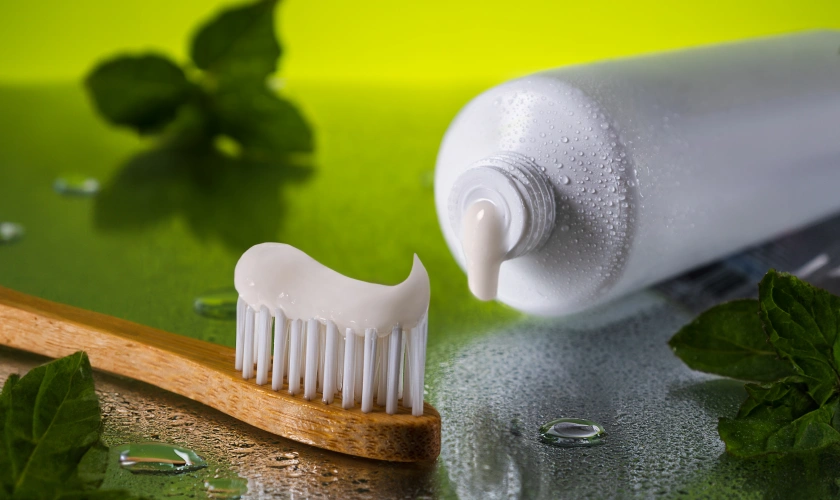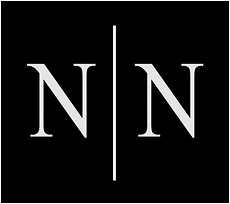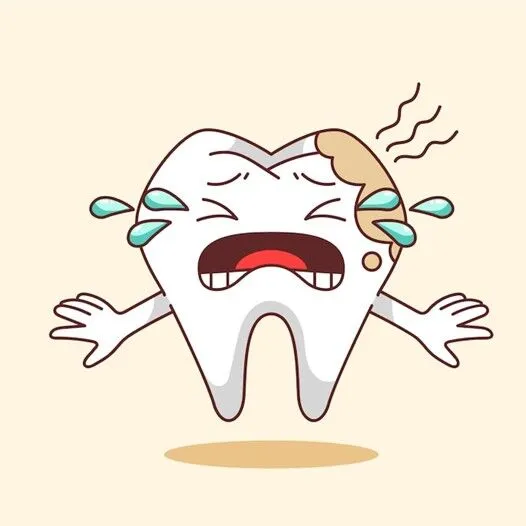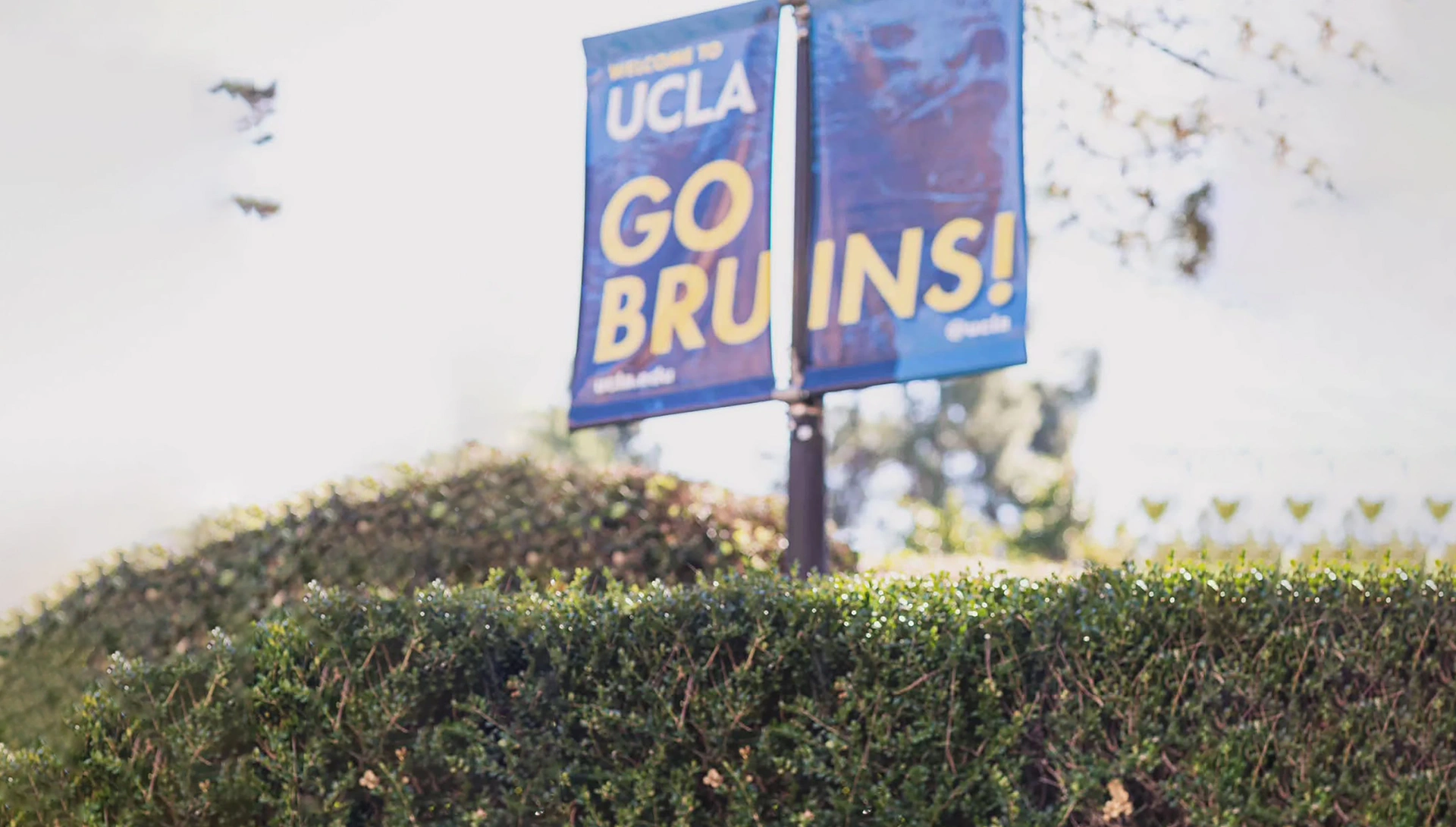
Natural toothpaste and herbal mouthwashes are ubiquitous—on the shelves of your local store, on social media commercials, and even in your best friend’s bathroom cabinet. They promise to clean your mouth, whiten your teeth, and freshen your breath without the chemicals contained in ordinary oral hygiene products. But are they as effective—or safe—as they promise to be?
Dr. Nalbandian and staff at our Burbank dental practice frequently hear this question asked by parents and health-minded families. Let’s look past the packaging and discover what counts when it comes to your smile.
What is in Herbal Toothpaste and Natural Mouthwash?
Herbal and natural products usually eliminate artificial additives such as sodium lauryl sulfate (SLS), artificial flavorings, or preservatives. Instead, they use ingredients such as:
- Aloe vera (heals gums)
- Neem (reputed for antibacterial action)
- Tea tree oil (alleged to combat plaque and inflammation)
- Charcoal (sold for whitening)
- Essential oils (employed for flavor as well as antimicrobial action)
But here’s the catch: natural is not necessarily better. Some of these have not been studied as much in large-scale dental studies. And in some instances, even irritate or wear out the enamel with frequent use—such as charcoal, which is abrasive.
What Does a Dentist in Burbank Say?
Dr. Nalbandian believes it’s important to match your oral care products to your needs, not the latest trend. As a dentist in Burbank, she’s treated many patients who’ve switched to herbal products thinking they were gentler—only to return with signs of plaque buildup or gum issues due to the lack of fluoride.
Fluoride is a well-established ingredient in cavity protection. Most herbal toothpastes omit it, which may leave your child’s (or your own) teeth susceptible to cavities. Natural mouthwashes also can’t combat gum disease bacteria as good as antimicrobial ones.
Are Herbal Options Ever a Good Choice?
There are cases where herbal alternatives can come in handy – particularly for people struggling with a sensitive mouth or oral allergy. For instance:
- Mouth ulcers: alcohol-free, herbal mouthwashes can be comforting without burning.
- Dry mouth: Some natural paste formulas employ mild, hydrating ingredients (chamomile extract, coconut oil, aloe vera gel, licorice root, calendula).
- Post-treatment care: In a few instances, milder mouthwashes can aid healing.
That being said, it’s always best to consult the top Burbank dentist before making any changes. Even those labeled “natural” must be reviewed for safety, efficacy, and how they work to benefit your overall long-term dental health.
How to Choose What’s Right for You
Search for products displaying the ADA Seal of Acceptance. This is an assurance that the product has been evaluated for safety and effectiveness. If you are interested in an herbal toothpaste or a natural mouthwash, take it with you on your next dental appointment. This way, your dentist can examine the label and provide you with tailored feedback based on the status of your oral condition.
Make an appointment with Dr. Nalbandian, your Burbank dentist of choice, and receive answers based on actual dental care.




